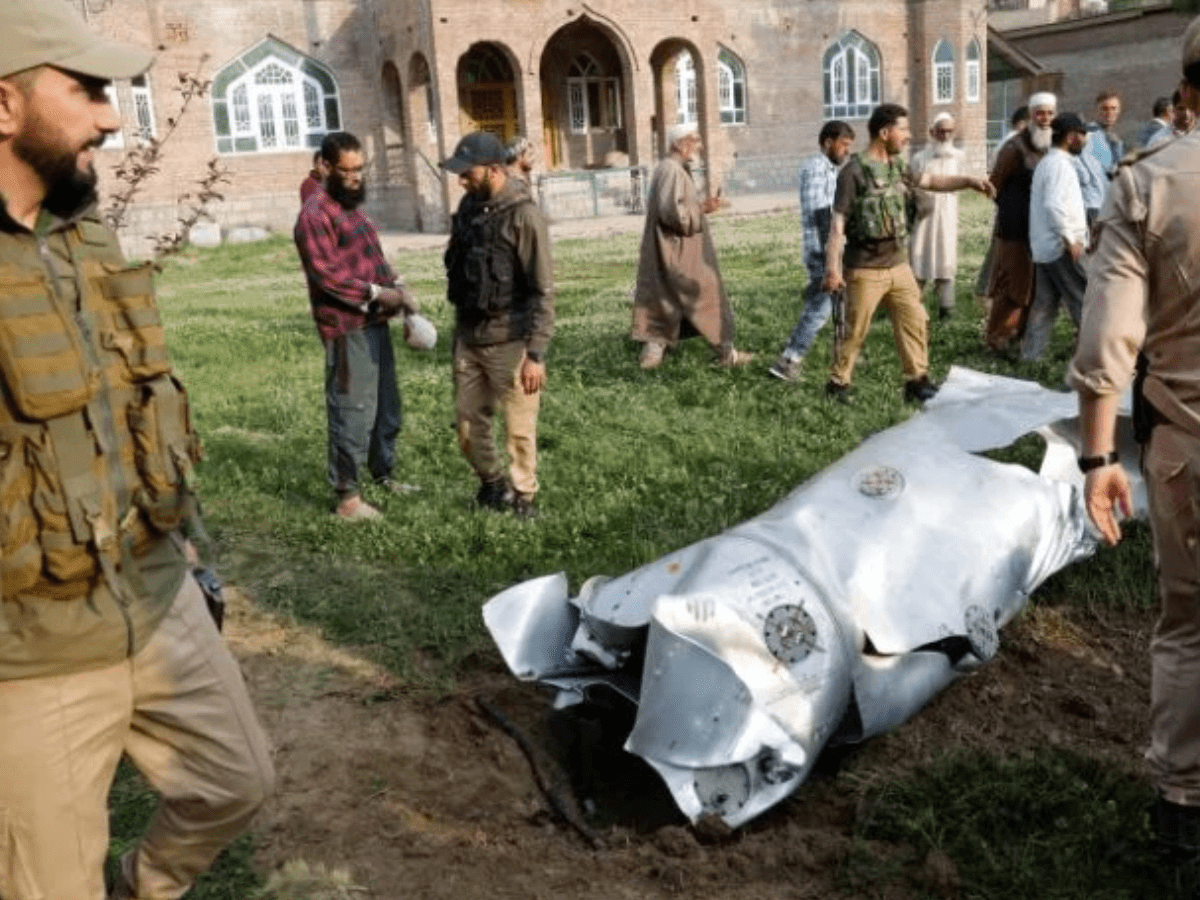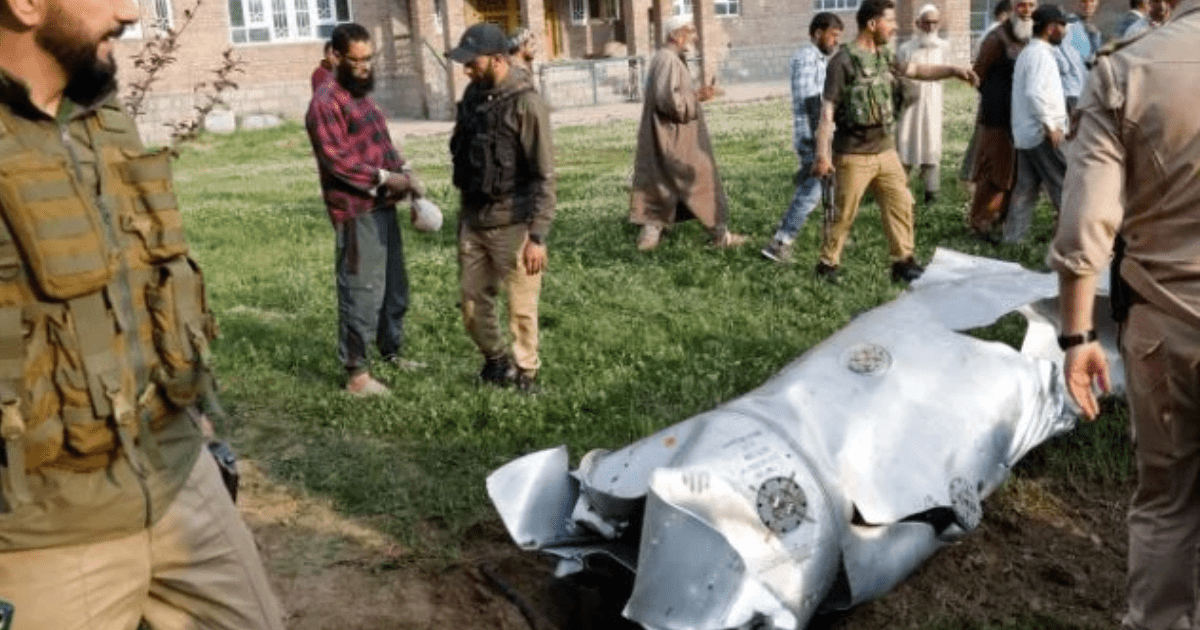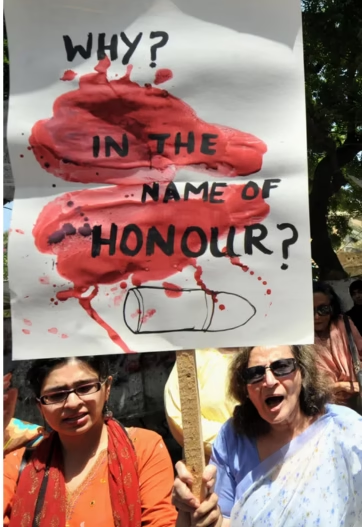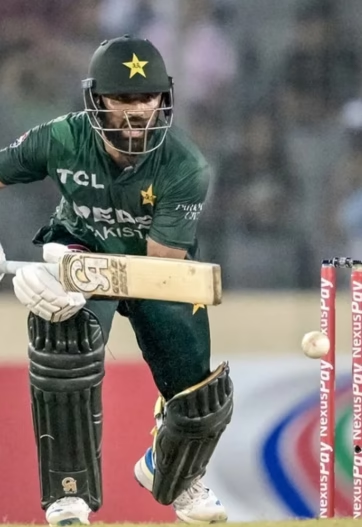Pakistan Military Retaliation: Five Indian Jets Downed


Pakistan military retaliation started after India launched midnight air raids on several Pakistani towns. The attacks claimed 26 innocent lives and injured 46 others. Two three-year-old girls, seven women, and four men died in Bahawalpur’s Ahmedpur East.
Nine women and 28 men were injured there. In Muzaffarabad, a strike on Bilal Mosque killed three civilians. Moreover,two children also suffered injuries. Another missile hit Abbas Mosque in Kotli, killing two teenagers.
These strikes shocked the nation. Importantly, no military targets were identified in any of the impacted areas. Civilian neighborhoods and religious places bore the brunt.
As a result, widespread anger surged across Pakistan. Officials labeled these strikes as illegal and a violation of international norms.
https://whatshappening.pk/2025-met-gala-looks-celebrating-black-style-and-elegance/
Military retaliation leads to downing of Indian jets
The Pakistan military retaliation was swift and defensive. In response to aggression, the Pakistan Air Force took action.
They successfully shot down five Indian fighter jets and one Israeli-made Heron combat drone. However,the destroyed jets included three Rafales, one MiG-29, and one SU-series aircraft.
These aircraft fell near Bhatinda, Jammu, Srinagar, Akhnoor, and Avantipur. Pakistani jets responded only after India violated airspace and bombed civilian areas.
Despite the capacity to hit more targets, Pakistan acted with restraint. Officials clarified that no Indian airspace was violated during the retaliation.
Pakistan military retaliation stays defensive and lawful
Pakistan military retaliation followed all international laws. The military responded only to protect civilians and national borders.
Additionally, Pakistani forces destroyed an Indian infantry brigade headquarters. Footage confirmed the destruction of the 12th Brigade under India’s 15 Corps.
However, Pakistan did not target Indian civilians. The focus stayed on military threats. DG ISPR warned that further provocations would receive stronger responses.
India also attacked Nauseri Dam, part of the Neelum-Jhelum Hydropower Project. This act endangered water infrastructure and violated humanitarian law.
Meanwhile, 57 international flights were flying over Pakistan during the attacks. This reckless behavior endangered countless lives.
National leadership backs Pakistan military retaliation
President Zardari condemned India’s actions. He called them fascist and irresponsible. Prime Minister Shehbaz Sharif called the attacks cowardly and pre-planned.
He promised a strong response and confirmed military retaliation was already underway.
Azad Kashmir Prime Minister Anwarul Haq also criticized India. He confirmed two civilian deaths in Kotli and pledged unity with the armed forces.
Visual evidence from affected zones confirmed all victims were civilians. There were no terrorist bases, only homes, mosques, and schools.
In conclusion, Pakistan military retaliation remained strategic, limited, and defensive. Despite Indian aggression, Pakistan chose to protect rather than provoke.
While tensions rise, diplomacy remains vital. Pakistan stands ready to defend its people, borders, and peace.
STAY UPDATED WITH THE LATEST NEWS. FOLLOW US ON OUR SOCIAL MEDIA CHANNELS:
INSTAGRAM: https://www.instagram.com/whatshappening.pk






Indian Airstrikes in Pakistan: 26 Martyred, 46 Injured - What's Happening.pk
07th May 2025[…] https://whatshappening.pk/pakistan-military-retaliation-five-indian-jets-downed/ […]